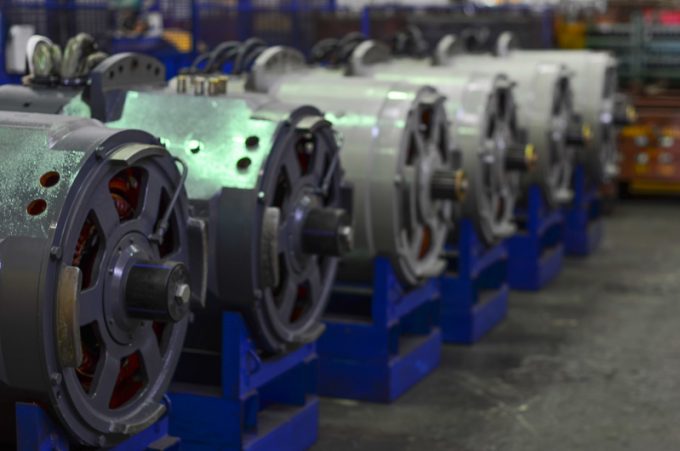With the US and EU putting up barriers, Chinese EVs could divert to SE Asia
Automotive intelligence company Jato has identified a lucrative alternative market for Chinese electric vehicle (EV) ...

…will almost certainly be televised… Sorry, couldn’t resist. This op-ed in UK business publication City AM and authored by a Schroders analyst argues that the electrification of the global passenger car fleet may take a lot longer than currently envisioned, mainly due to the need for huge new battery production facilities. In contrast, the logistics industry is likely to turn to electric vehicles much quicker. “Electric vehicles are also ideally suited to commercial use on short-haul delivery networks, as the ...
US tariffs and trade war will result in 'Covid-like' shortages and layoffs
Ecommerce air traffic to US set to grind to a halt as de minimis exemption ends
Where will the freighters go as capacity shifts from tariff-hit China-US lane?
Apple logistics chief Gal Dayan quits to join forwarding group
Congestion and rising costs at Europe's box ports to last into summer
Widespread blanked sailings stave off major collapse of transpacific rates
Transpac rates hold firm as capacity is diverted to Asia-Europe lanes
Maersk u-turn as port congestion increases across Northern Europe
End of de minimis will bring turbulence for airfreight shippers and forwarders
Airlines slash freighter capacity post-de minimis, but 'the worst is yet to come'
MSC revamps east-west network as alliance strategies on blanking vary
Houthis tell Trump they will end attacks on Red Sea shipping
Gemini Cooperation carriers steam ahead of rivals in reliability stakes
India-Pakistan 'tit-for-tat' cargo ban sparks sudden supply chain shocks
Tariff on imported products for drugs would be hard for US pharma to swallow
Atlas Air stays bullish on US change: 'we're flexible, we can fly to other markets'

Comment on this article